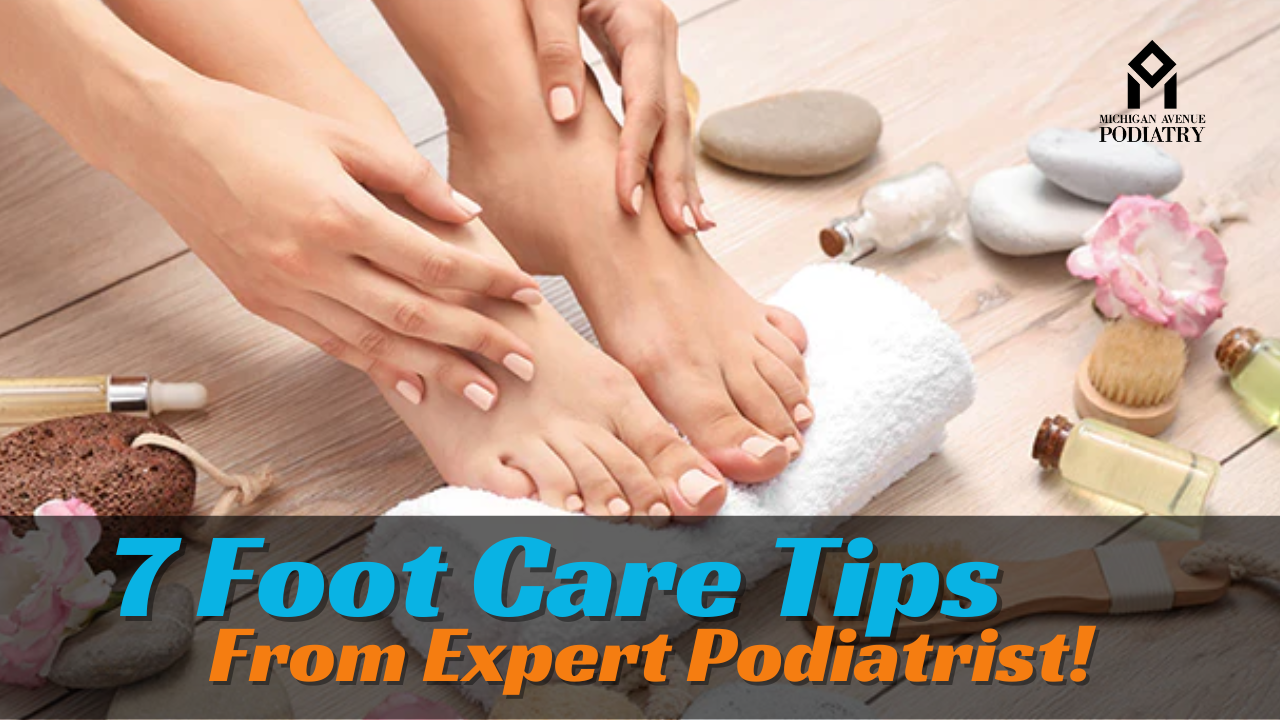Taking care of our feet is often overlooked, yet it plays a crucial role in our overall well-being. Podiatrists, experts in foot care, recommend specific practices to ensure optimal foot health. Understanding these recommendations and incorporating them into our daily routines can prevent a myriad of foot problems and enhance our quality of life.
Understanding the Importance of Foot Care
Feet are our primary mode of transportation, carrying us through our daily activities. Ignoring foot care can lead to various problems, ranging from minor discomfort to debilitating conditions. Recognizing the significance of proper foot care is the first step towards maintaining healthy and pain-free feet.
Common Foot Problems and Their Causes
Foot pain and discomfort can arise from various factors, including improper footwear, lack of hygiene, and underlying medical conditions. Some common foot problems include plantar fasciitis, bunions, ingrown toenails, fungal infections, calluses, and corns.
Top Podiatrist Recommended Foot Care Tips
- Choose the Right Footwear: Opt for shoes that provide adequate support, cushioning, and proper fit to avoid discomfort and prevent foot problems.
- Maintain Proper Hygiene: Keep your feet clean and dry to prevent bacterial and fungal infections. Regularly wash and thoroughly dry your feet, especially between the toes.
- Practice Regular Foot Exercises: Perform simple exercises like toe stretches and ankle rotations to improve circulation and strengthen the muscles in your feet.
- Keep Feet Dry and Moisturized: Moisturize your feet regularly to prevent dryness and cracking, but ensure they are completely dry, especially between the toes, to prevent fungal infections.
- Trim Toenails Carefully: Cut your toenails straight across to avoid ingrown toenails. Avoid cutting them too short or rounding the edges, as this can lead to painful nail conditions.
- Protect Feet in Public Spaces: Wear shower shoes or flip-flops in public showers, pools, and locker rooms to reduce the risk of fungal infections.
- Schedule Regular Check-ups: Visit a podiatrist for routine foot exams to detect any potential issues early and receive proper treatment.
Also Read
Additional Foot Care Tips for Specific Conditions
- For Diabetics: Diabetics should pay extra attention to foot care due to the risk of nerve damage and poor circulation. Inspect your feet daily for any cuts, sores, or signs of infection and seek prompt medical attention for any foot issues.
- For Athletes: Athletes should invest in proper athletic shoes designed for their specific sport to provide adequate support and prevent injuries. Stretching before and after workouts can also help maintain flexibility and prevent strain.
- For Elderly Individuals: Elderly individuals should prioritize foot care to prevent falls and maintain mobility. Regular foot massages can improve circulation and alleviate discomfort, while orthopedic shoes can provide extra support and stability.
Conclusion
Taking care of our feet is essential for our overall health and well-being. By following podiatrist-recommended foot care tips and being proactive about foot health, we can prevent common foot problems, alleviate discomfort, and maintain an active lifestyle.
FAQs (Frequently Asked Questions)
1. How often should I visit a podiatrist for a foot check-up?
- It’s recommended to schedule a foot check-up with a podiatrist at least once a year, especially if you have pre-existing foot conditions or are at a higher risk for foot problems.
2. Can wearing high heels cause foot problems?
- Yes, wearing high heels regularly can lead to foot pain, bunions, and other foot deformities. It’s advisable to limit the time spent in high heels and opt for more supportive footwear whenever possible.
3. Are there any specific foot care tips for individuals with flat feet?
- Yes, individuals with flat feet should focus on wearing shoes with good arch support and cushioning. Custom orthotic inserts can also provide additional support and alleviate discomfort.
4. How can I prevent fungal infections on my feet?
- To prevent fungal infections, keep your feet clean and dry, especially between the toes. Avoid walking barefoot in public places and regularly change socks and shoes.
5. Is it normal to experience foot pain after exercising?
- Mild foot discomfort after exercising is normal, especially if you’re engaging in high-impact activities. However, persistent or severe pain could indicate an underlying issue and should be evaluated by a healthcare professional.




